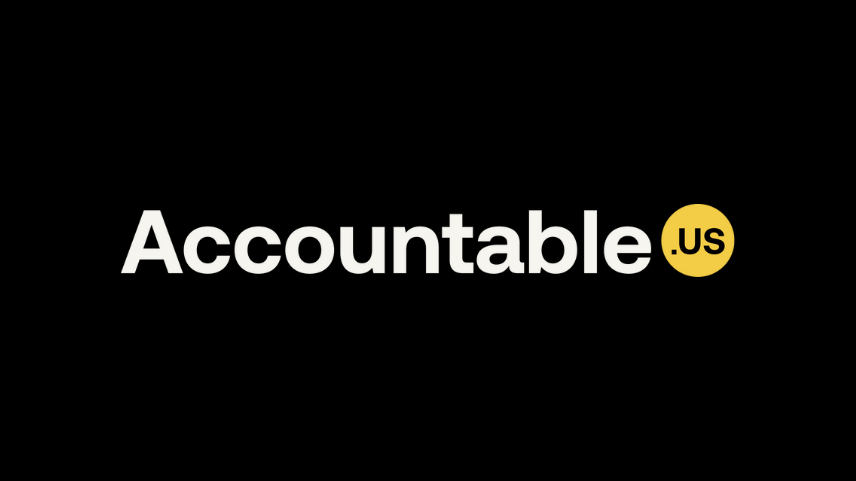Press Releases
Ahead of Oral Arguments, Accountable.US Highlights Junk Science in United States v. Skrmetti and Highlights Far-Reaching Implication of the Case

Ahead of today’s oral arguments in United States v. Skrmetti, Accountable.US is sounding the alarm on the Tennessee law’s reliance on discredited experts to defend a ban on gender-affirming medical care for transgender youth. The case presents a significant threat to trans rights, bodily autonomy, and the role of science in the judiciary.
Accountable.US’s recent investigation, as highlighted in The Guardian, reveals that four of the six doctors cited by Tennessee have been repeatedly rebuked by courts for their inexperience, bias, and reliance on pseudoscience. Among them is Dr. Paul Hruz, who has never treated transgender patients and whose testimony has been criticized as “deeply biased.” Another expert, Dr. Michael Laidlaw, has compared gender-affirming care to Nazi eugenics and has been dismissed as “far off from the accepted view” by a federal judge.
This case highlights how far certain states and special interest groups will go to use discredited ‘experts’ and junk science to justify laws that harm vulnerable communities. The Supreme Court must recognize these tactics for what they are: a blatant attempt to weaponize the courts to push a narrow and harmful agenda. These laws are not based on evidence—they’re designed to strip rights from people who need protection the most.”
Caroline Ciccone, President of Accountable.US.
In addition to the questionable testimonies, Accountable.US uncovered that Tennessee’s defense is bolstered by a flood of amicus briefs filed by anti-LGBTQ+ groups, including the Leonard Leo-funded Do No Harm and the American College of Pediatricians, a hate group known for promoting conversion therapy. These briefs, supported by organizations like the Alliance Defending Freedom and right-wing think tanks tied to Leo’s dark money network, reflect a coordinated effort to advance harmful policies and undermine transgender rights nationwide.
The decision in tomorrow’s case could set a significant precedent affecting the rights of vulnerable communities nationwide. The case challenges Tennessee’s ban on certain gender-affirming medical interventions, raising urgent questions about state interference in personal healthcare decisions and the rights of marginalized groups to access care.
###
